Project Description
Interview with STEVE HACKETT
(former Genesis guitarist 1970 – 1977)
As Genesis’ guitarist from 1970 to 1977, Steve Hackett contributed to some of the band’s best songs, such as Blood on the Rooftops, The Musical Box and Afterglow. In celebration of the 40th anniversary of the group’s iconic Wind and Wuthering album, Hackett is making his inaugural journey to Australia in August with his highly acclaimed Genesis Revisited tour.
In this interview with Jackie Smith, he discusses his excitement for the impending tour, Genesis’ legacy and the influence his time there had on his solo success.
You’re visiting Australia later this year as part of your Genesis Revisited tour. What are you most looking forward to when you tour here?
I’m looking forward to coming to Australia for the first time. It’s been a long time coming. My wife Jo and I are really looking forward to it and so is the band for all sorts of reasons.
We’re doing a show called Genesis Revisited but there is some solo stuff involved with that as well. It’s mainly Genesis. We do authentic versions of some really old tunes of Genesis from the ‘70s, but I kind of think they’re classic and they’re timeless. I don’t get a feeling of passing of time.
We’ve done an American tour, we’ve done the European. I’m about to be doing the UK tour so we’ll be there soon. I can’t wait to get there. The response already has been absolutely wonderful, from the people that I’ve spoken to. Basically, it’s a dream come true.
I guess, if you ever get that feeling that something isn’t going to work out, it’s never going to happen, you just have to keep [saying], “It’s never too late.”
Here we are at a late stage, but I think that it’ll be all the better for the wait, because I’ve got the best band line-up of all the bands that I’ve had so far and they are a group that can turn on a dime very authentic versions of early Genesis but they’ve got capabilities beyond that. They’re a kind of chameleon-like bunch and very gifted players and I love working with them. We have a laugh. We’re out there on the road, it’s fun.
At the moment it looks like the only Australian dates are in Brisbane, Sydney and Melbourne. Do you plan on announcing more dates soon, or will you return at a later time to tour WA, TAS, and the NT?
Well I haven’t got the dates in front of me now … but I suspect there will be other dates down the line. We do New Zealand as well. If it goes well … it all depends on attendance. If people show up, I’ll be back. It’ll be as simple as that
David Williams, our promotor, is really looking forward to it. I don’t really know what to expect. I think that Australia – many of us haven’t had the pleasure of playing there before – it’s been a locked continent to us. My late great pal, John Wetton, spoke about the fact over the years that he’d never been to Australia, always wanted to go but it’d never quite come off for him … He’d wanted to come. He would like to have come.
Likewise I said, it’d never come off for me … In some ways, it was the same for Japan. It’d never come off for many years and I had to wait several decades until there was something in place but I’m really looking forward to it.
Generally speaking, what can people expect from one of your live performances, especially seeing as this is the first time Australians will be seeing songs such as Eleventh Earl of Mar and Dance on a Volcano in concert?
Oh yeah, we’re definitely doing those. We’re doing all sorts of tunes. We’re doing Dance on a Volcano, Squonk, … Blood on the Rooftops, El Nino, Afterglow … The Musical Box, Unquiet Slumbers for the Sleepers … Eleventh Earl of Mar, which you mentioned … I think we’re doing different sets in different places. We have the capability of slipping in local themes, depending on how it goes but I know that David was very keen in advertising the fact that there is different sets.
I might also do an impromptu acoustic thing as well. I don’t really know what to expect. I believe in one day, I’m doing three performances so … I’m looking forward to it. It’ll be a challenge. Hey, I’m only 67 years young!
Will you have much free time to sightsee?
… I don’t really know what to expect apart from having fans from Australia. I know that in terms of the landscape, Australia is spectacular. That’s a given, and so different from much of the world that I’ve seen. I’ve just come back from Cambodia and Thailand, where it’s a bit rough, that I got to see. Much of it is man-made and to see the landscape, I’m thinking … this is just going to be an introduction for me.
I’m sure they’re going to keep me busy with a schedule. There won’t really be any free time. It’s just a touring tradition. You have to expect that that’s the way it is. It’ll have to be another trip where I get to be a tourist, to do all the things that you guys might do naturally because it’s on your doorstep, a very big doorstep it is too.

Download your copy of Steve Hackett’s latest album, “Night Siren” by clicking above. (Image via artist’s website).
This tour celebrates in part the 40th anniversary of Genesis’ Wind and Wuthering. What is it about Genesis’ music, and that album in particular that makes it so iconic?
I think what makes Genesis’ stuff last in the affections of fans is the fact that we were a team of aspiring songwriters who came together. There was a big emphasis in coming up with big melodies in the song, whether they were sung or whether they were played. Anything else was considered secondary to that. The playing was considered secondary to the melody.
Of course, you can’t have one without the other. When I first joined, I needed to shift that emphasis so that we had a harder edge. But I was fully aware that the quality of material was the thing that was going to separate us, the men from the boys.
And I think there were some things that we got right that other bands (many of whom have been brilliant in every other respect) [didn’t]. I don’t know that there’s been another band that I could name where each of the guys were capable of writing individual hit singles themselves, and all the rest. Or to come up with the kind of songs on one hand might be [upbeat] and [and another song] that might be very moving or emotional.
I think we had a very broad litany. Each of the guys were a walking juxtaposition, in that light and dark material. Maybe that’s because we had a Pareato approach. Pretty much every style, we welcomed it in Genesis. Apart from blues. I didn’t like to twist anyone’s arm sufficiently to get [that], but Pete [Gabriel, 1967- 1975 lead vocalist/flutist/accordionist etc] enjoyed it.
We had certain things in common, to form alliances with each other, get ideas across. An idea exuviated by two people, “My friend and I have had this idea.”
I watched an interview you did last year where you confirmed that Genesis was something of an apprenticeship for you, particularly in terms of collaborating with other musicians. How did Genesis teach you about being a musician and how does your time there continue to influence your solo career?
Well, I think when I joined the band, you have to remember, I was the new boy, back nearly 50 years ago. The fact that they’d been at school together. So, Phil Collins [drummer/percussionist/vocalist etc] and I were new to that.
We were breaking into a very exclusive boys club at that point. The fact that they suffered at school, and it became rash, a brutal school system that was designed to churn out captains of industry … that can mess with young guys’ heads, and turn them into great successes.
But it doesn’t make it easy to integrate into society, if you were raised to rule … You’ve got to try to break yourself out of doing it sociologically, because you’ve been raised to rule. Humour plays a big part in trying to deflate people. The ego at times, you have to say, “You know, I think if we adopt this approach, this strategy, we can make the thing stronger.”
We like to successfully do that. But things can often [gravitate] towards the largest common denominator if there’s powerplay going on. Unless you’ve been in a group, you don’t know what it’s like. It’s like politics, and you’ve got to try and get people on your side.
The last time Genesis did anything together was the retrospective album of hits that the band had had and various solo tracks that we’d done, a few tracks by each of us. I seem to remember that it took two years to agree collectively that, you know, these would be the colours on the album sleeve, and what have you. We’d get to the point where four of us would agree on a title and someone like Mike Rutherford [bassist/guitarist etc] would [come] in with a veto.
And I thought, “Now, I remember all this in my early 20s but I’m a grown up now.” And for me to come to a decision about something, whatever it might be, all I’ve got to do is phone up myself. And go, “Yep, great. It’s fine.”
I think that you do outgrow the group ethos, and you do perhaps play yourself into a corner. Groups can outlive their function and it isn’t that everyone is separately talented; the downside of groups is that people might block each other. Because the other guy’s got another idea, he might be considered to be a threat. Hell, if he does have, we can’t have that.
Groups end up being about powerplay and that’s why there is no Genesis at the moment. All I do is play a set of Genesis, as I see it. I’ll play songs written by the other guys and stuff by me. There’s no ego. Others might see it differently.
I play what I consider to be the best of Genesis, politics free. You don’t need all that; you get beyond that to put on the best show.
Obviously you’ve had a rather extensive solo career outside of Genesis. You’ve collaborated with a number of artists including Brian May, Steve Howe (with GTR), Paul Carrick and Bonnie Tyler. Do you have a favourite experience from those that you’ve collaborated with? What are some of the highlights and lowlights of your career so far?
I really loved working with Richie Havens, who was so gifted and so quick, and had the kind of voice that is a cross between velvet and leather. And my late, great pal John Acock, who did engineering stuff, co-producing with me, said to me at the time, “He’s a genius. This guy could be singing about baked beans and you’d believe him.” He was great to work with. There seemed to be no ego involved. He had supreme confidence, I think, in the power of his own voice, which was one of the strongest voices in the world. He wasn’t generic. He was a one off called Richie Havens, my late great pal. That was just something wonderful.
I’m very pleased that I got to work with Peter Gabriel. So my choice of working with him, and his choice of working with me proved to be very fruitful. We in Genesis were fans of each other’s stuff and that stands out more than anything else. We learned stuff from [each other]. And having flown over from New York to LA to work with me, that would be tiring for most guys. But no prima donna stuff, straight in, did the song and said, “Have you got any others lying around?” This is late at night, and I said, “Well, you must be tired by now.” He said, “No I don’t get tired.”
He was just enthusiastic … when we were working it was such a cohesion, it was like being brothers. It was tremendously validating for me. You might think he was coming from a privileged white English background but there was none of that. We were just two guys, doing what was best for the music.
Don’t miss your chance to see Steve Hackett and his band live in concert!
Click here for details.


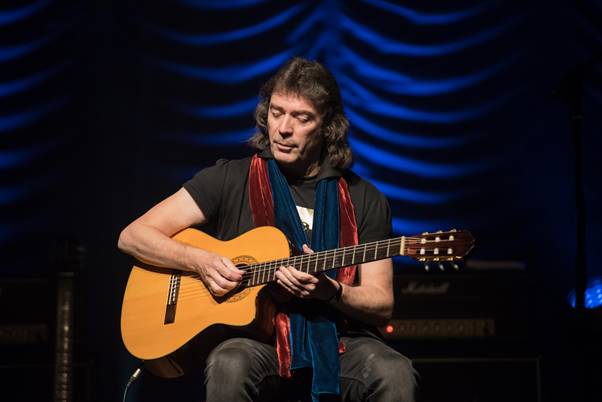
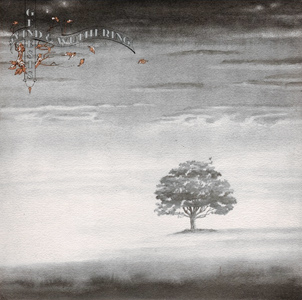

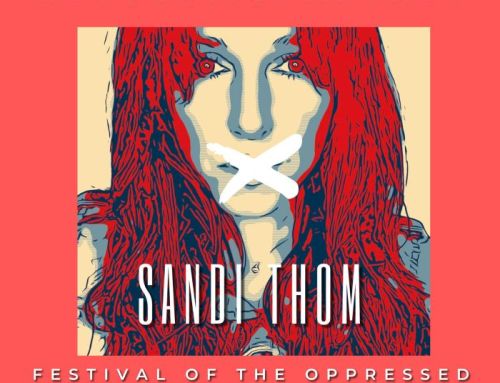
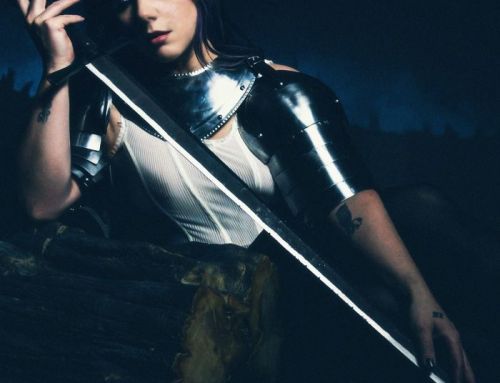
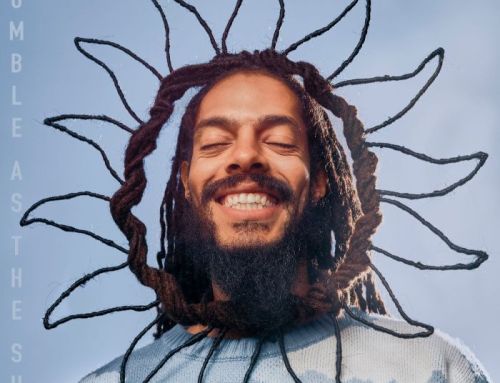
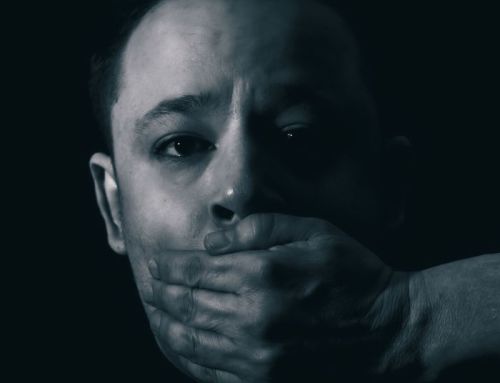
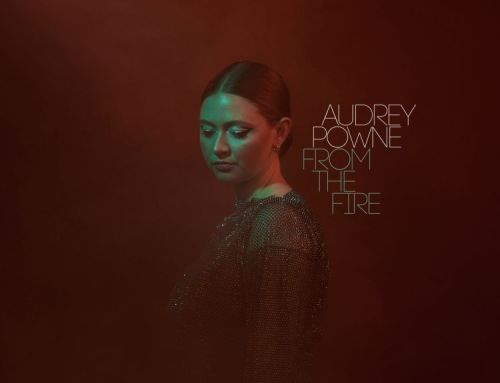
Leave A Comment